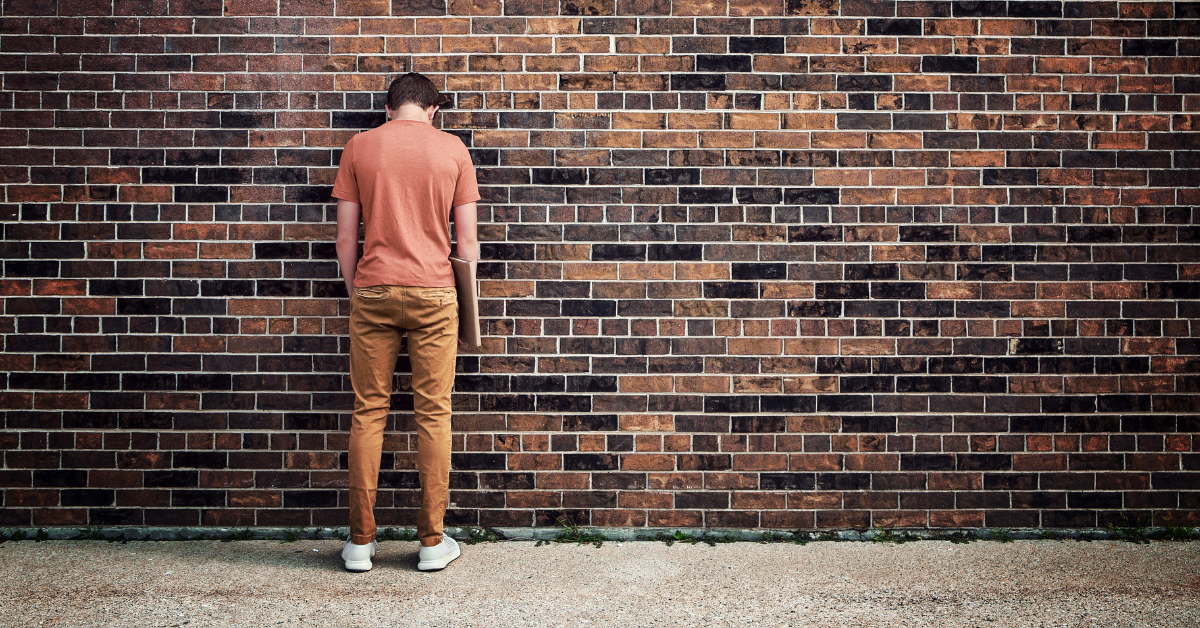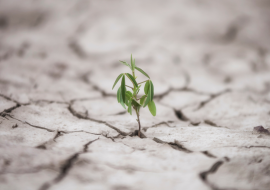
What Is Self Compassion and What Is It Not?
Self-compassion is an attitude and determines one’s attitude towards one’s own feelings and thoughts. It consists of three basic components. These are self-kindness, common humanity, and awareness.
Self-kindness is related to what the person says to himself and how he acts after the events he has experienced. In other words, does the person criticize himself, take a punitive attitude or act with a supportive attitude? In this context, what is meant by self-kindness is to approach oneself with a loving and gentle attitude. Sometimes feelings and thoughts are so intense that it can be difficult to be kind to ourselves. At such times, it can be a reminder of self-kindness to stop and ask the question of what he would say to a friend of mine, how I would behave, and try to show the attitude here for ourselves. Another component, the common human condition, states that all experiences, feelings and thoughts are part of the common human experience. Being human involves growing up, inevitably making mistakes and facing life’s challenges. The way each person experiences pain is different, but the suffering is common, and this suffering is very natural. Remembering this and evaluating our lives from this perspective is part of self-compassion. Awareness, on the other hand, is the state of being aware of our feelings and thoughts, without trying to avoid or ignore them. It is also important for us to realize our feelings and thoughts and open up space, to recognize and shape our needs and expectations.
Self-compassion isn’t about being self-pitying, always being gentle, being selfish by thinking only about yourself, just standing still or being passive. Self-compassion can be in the form of just staying with those experiences and stopping, or it also includes active actions such as evaluating what we need and taking action in line with these needs and expectations, or ending relationships and situations that are not good for us.
With self-compassion practices, we can change the relationship we have with ourselves. In this way, our relationships with other people and the world can also change. Studies show that a self-compassionate attitude leads to greater happiness, life satisfaction, self-confidence and physical health. Therefore, self-compassion is an attitude that can be learned and practiced by everyone, increasing well-being.
By Psk. Cansu Şahin
Source: Self
Compassionate Awareness Practice Guide, Dr. Christopher K. Germer, Dr. Kristin Neff













